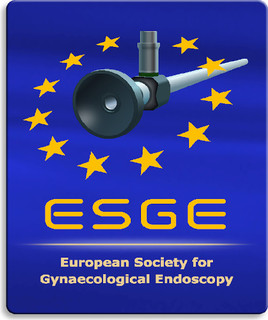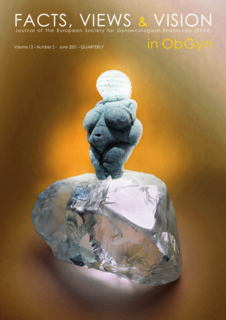Intravesical repair of vesicovaginal fistula guided by cystoscopy
Vesicovaginal fistula, 3 mm laparoscopy, transvesical approach, cystoscopy, recurrent fistula
Published online: Jun 28 2021
Abstract
Background: Vesicovaginal fistulas (VVF) are an unusual problem that may significantly affect a patient’s quality of life. The main causes for this condition are labour complications (mostly in developing countries) and pelvic surgeries (in industrialised countries). Treatment may be conservative or surgical. Regarding surgical treatment, there is still debate about the best approach and surgical technique.
Objective: To demonstrate a correction of a VVF guided by cystoscopy using intravesical laparoscopic instruments.
Methods: Case report and surgical video of a recurrent VVF treated with a hybrid technique involving direct transvesical insertion of 3 mm laparoscopic trocars and instruments guided by cystoscopy. As far as we know, although there are some reported techniques that use a combination of transvesical laparoscopic instruments and cystoscopy, this is the least invasive and most ergonomic technique described.
Results: Two years after surgery, the patient remains asymptomatic and with no fistula recurrence.
Conclusion: The transvesical approach guided by cystoscopy seems to be an effective, safe and ergonomic minimally invasive procedure for VVF repair.
Video scan (read QR)
https://vimeo.com/519403981/662c6a6b30




